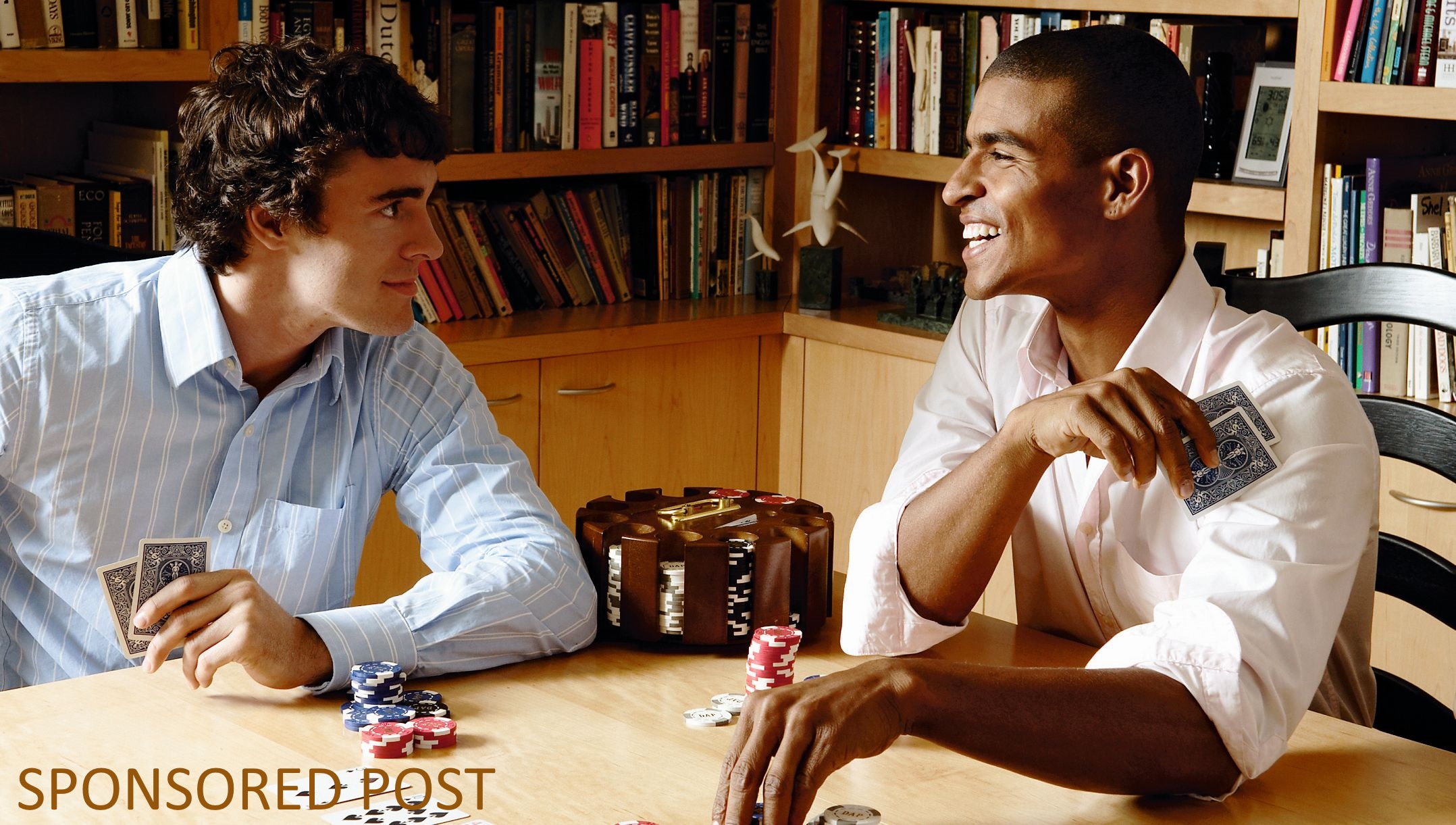
What's the easiest way to improve? Experience is vital, of course—and there's no shortage of digital tables out there to hone your skills—but first-hand learning isn't always enough. There comes a time when you need some solid gold Poker wisdom to take you to the next level, and unless you have a Stu Ungar or a Johnny Moss on speed dial, it can be surprisingly difficult to get.
It's a risky business. There's no shortage of terrible advice on the internet, and it can be tough to tell when a blogger or YouTuber you've found is a Poker ace or a 2-7 offsuit waste of time. Co-author of The Mental Game of Poker 1 & 2 Barry Carter tackled this very issue recently, with some useful words advice for players seeking extra guidance.
“Probably the first and easiest way to filter out the solid advice from the crap is to look at the position of the person giving advice,” he writes. “I have a rule that I will only take advice seriously if the person giving it is where I want to be.”
Poker metrics make it easy to see where a player is at. What stakes they play, how often do they win? It's hard to take a coach seriously when they're flying below your level, and stats recorded during online tournament results also give you a transparent look at a player's performance. If a hand's played online, there's every chance it's being tracked somewhere. A search engine can give you instant insight into a teacher's claims of competence.
“Google is your friend.” says Carter. “A quick Internet search should be on everyone's to-do list when it comes to seeking strategy advice. Also do a search on the most relevant poker forums and in the case of books, look at the Amazon reviews (In particular look for 'verified purchases').
It's also easier than ever to leverage the collective might of the Poker community when picking out good advice from bad. When it comes to video tutorials, videos actively endorsed by hundreds and thousands of viewers are more likely to offer worthwhile tips. As Barry mentions, a reliable and well-informed community of players is invaluable, especially if you're considering putting money down on some professional training. There's a tremendous wealth of Poker knowledge to be mined from online communities all over the world.
But once you've found some good advice the quest for improvement has only just begun. The results of good training can only be felt with investment and effort. Carter insists that while a professional pearl of wisdom can be of great use, “we also need to make sure we take action on it, then review the results, before repeating the process over again”.
The discipline of learning is a complex and well-studied area, and it's not just about improving your moment-to-moment decision-making. Poker in particular requires the development of emotional discipline, referred to as “mental toughness” by sports psychologists, and defined astutely by Wikipedia: “Mentally tough athletes exhibit four characteristics: a strong self-belief (confidence) in their ability to perform well, an internal motivation to be successful, the ability to focus one's thoughts and feelings without distraction, and composure under pressure.”
Ultimately mental toughness is something a player has to cultivate for themselves, but good advice and direction provides a useful framework for development. There may not be a magic bullet that can carry a player to higher-stakes, but with enough practice, and some high-quality guidance, success can only follow.
The biggest gaming news, reviews and hardware deals
Keep up to date with the most important stories and the best deals, as picked by the PC Gamer team.

